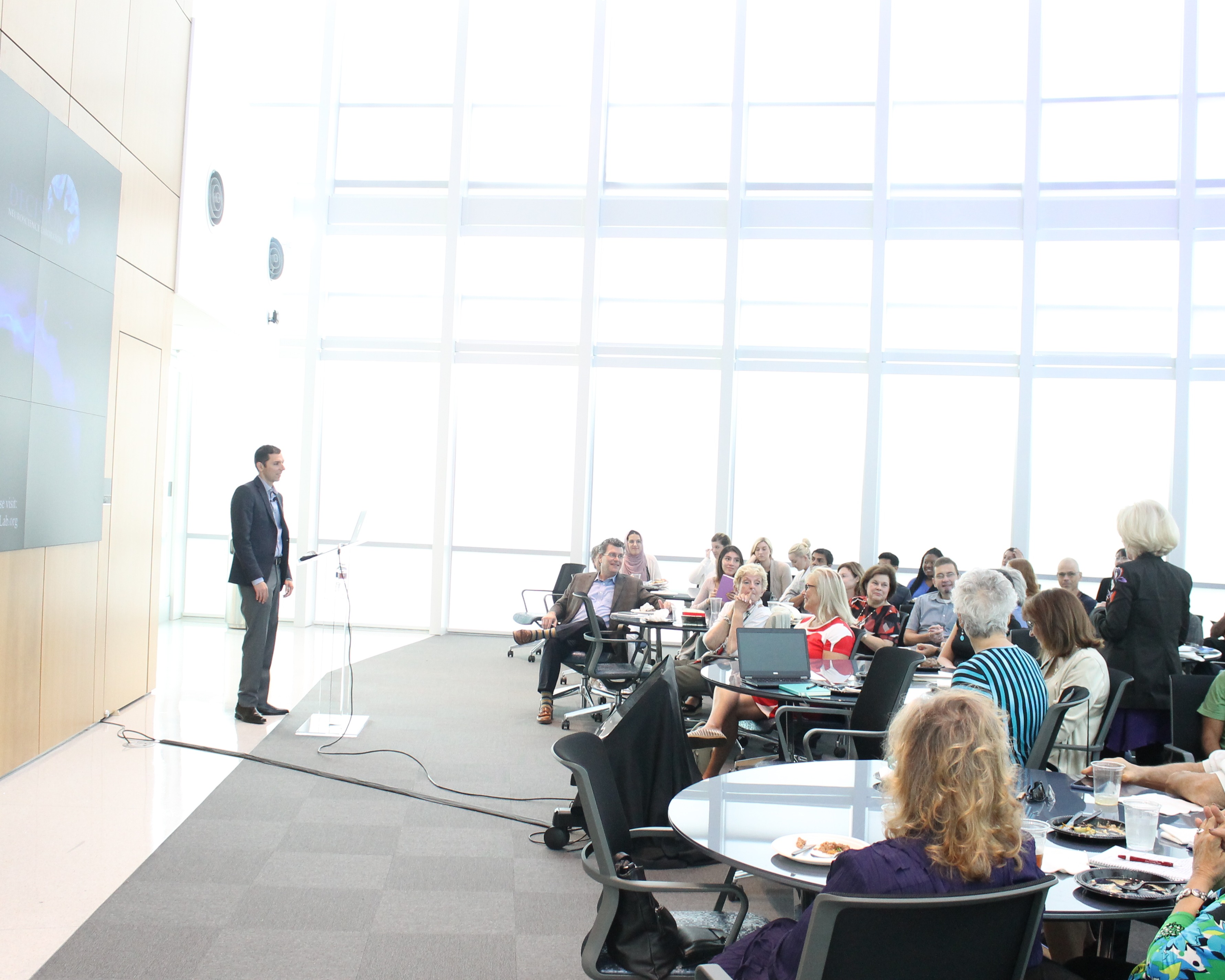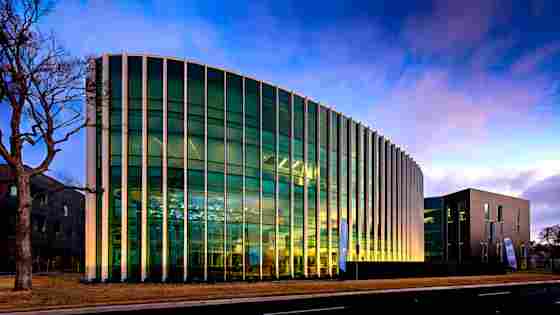Dr. William "Jamie" Tyler is associate director of industry and entrepreneurship for the Center for Neuroengineering and Brain-Computer Interfaces. Dr. Tyler is a two-time graduate of UAB and officially joined the faculty in 2022 as a Professor of Biomedical Engineering as the School of Engineering’s first strategic hire in Neuroengineering. His focus is on developing products and solutions for noninvasive medical and consumer health devices, as well as neuromodulation solutions for national defense and security needs. These include methods and devices for cognitive and physical performance enhancement, as well as for treatment of mental health conditions. He is working to develop and commercialize novel products to enhance brain health and cognition.
Dr. Cristin Welle directs the BIOElectrics Lab, investigating how neurological medical devices interact with the nervous system. Her lab dissects circuit-level structural and functional implications of neuromodulatory and brain-computer-interface devices using optogenetics, chronic electrophysiology and longitudinal in-vivo imaging in animal models with the goal of understanding the dynamic interactions between devices and neural circuits in the context of translational neurotechnology.

